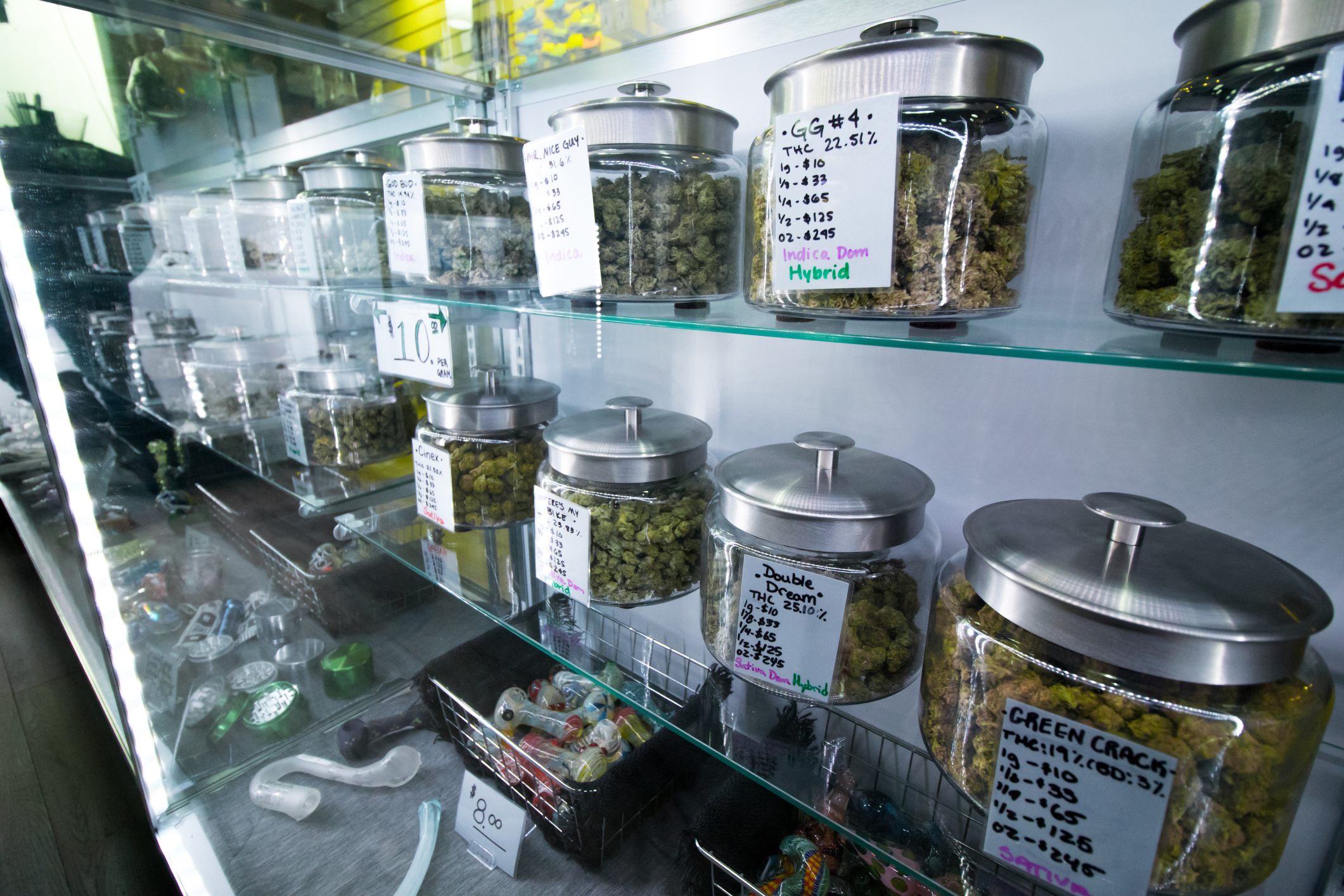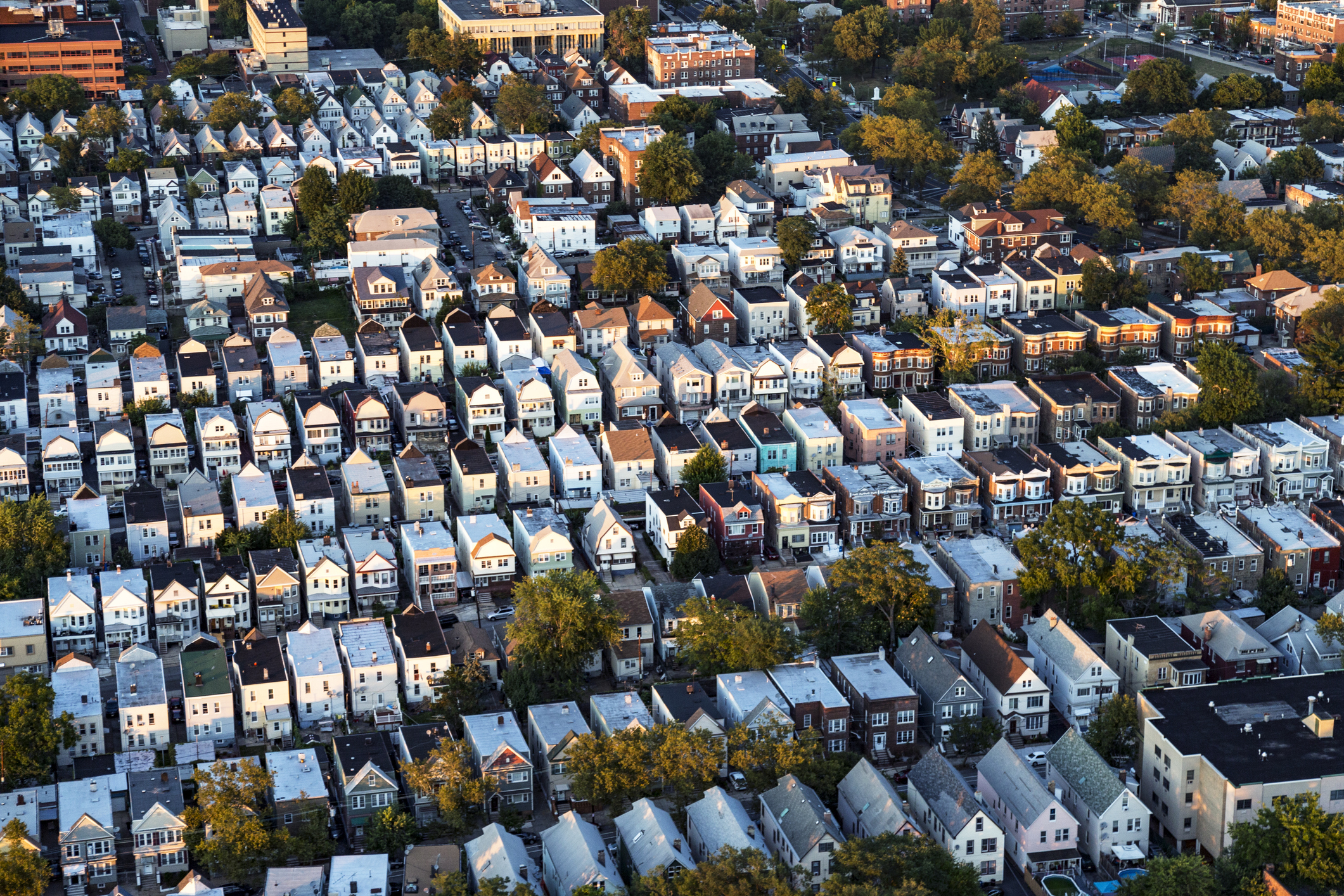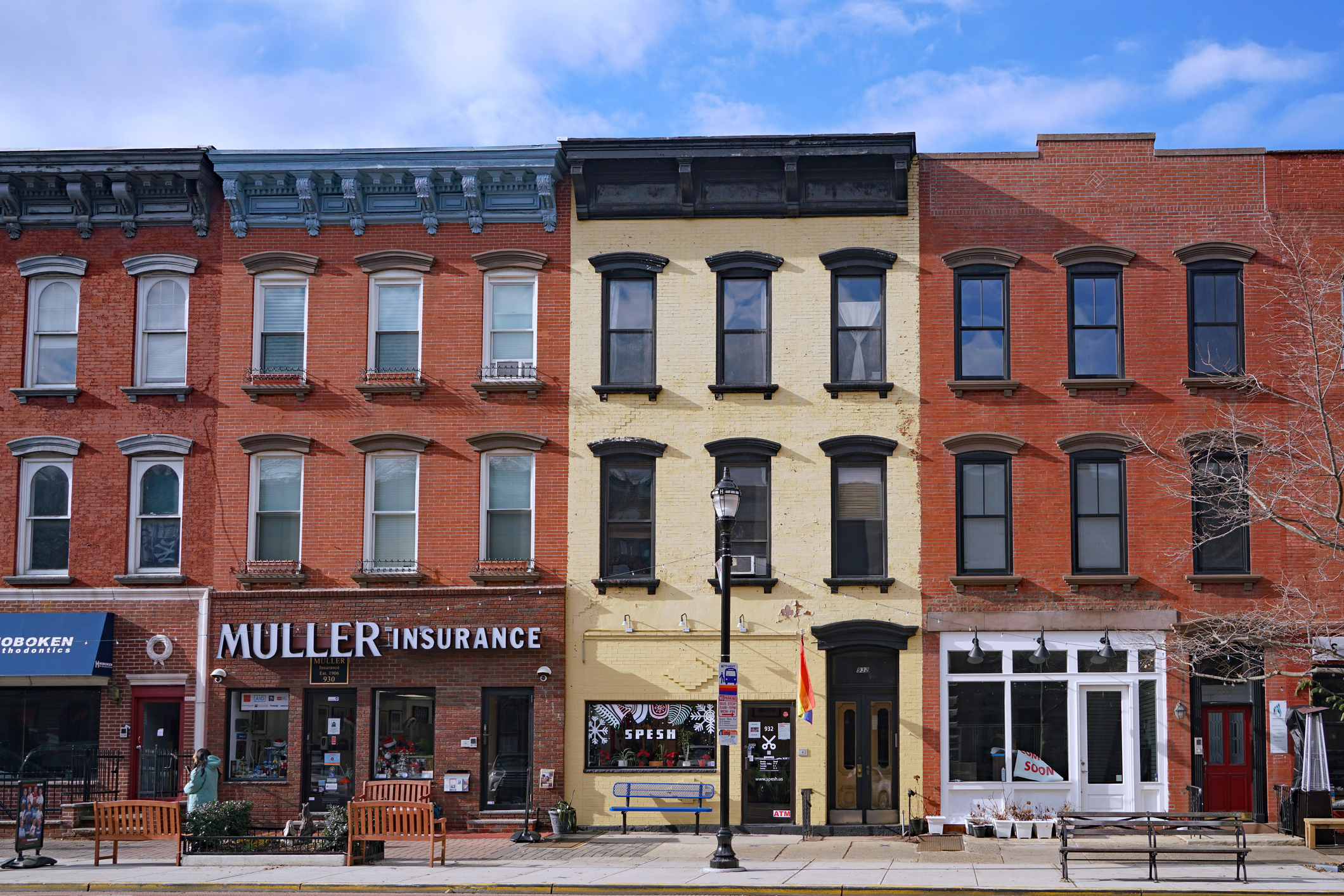
An Intersectional Examination of the Effects of Inflation in New Jersey
In the aftermath of the COVID-19 pandemic, inflation has plagued the nation and the state of New Jersey, with national inflation rates higher than they have been in decades. This situation raises concerns about the financial well-being of Americans and New Jerseyans, as well as how inflation may affect different demographic groups disproportionately.
In order to get a better understanding of how price increases have differentially affected New Jerseyans, and thereby providing an updated picture of economic gender inequality in the state, this project will examine both how the spending habits of various groups of consumers affect their rate of inflation and how financially prepared they are to face price increases. This project will be accomplished as a collaboration between the New Jersey State Policy Lab and the Center for Women and Work at Rutgers University.

Analyzing Child-Care Provider Subsidies in New Jersey
Public child-care subsidies are designed to reduce the financial burdens of child care for households that meet certain income thresholds in order to improve employment and/or educational opportunities for parents and other legal guardians. In New Jersey, child-care subsidy payments are made directly to child-care providers, including licensed child-care centers, registered family providers, and approved homes. The Rutgers University New Jersey State Policy Lab research team was asked to analyze the relative costs and other implications of two different payment mechanisms for child-care subsidy payments: an attendance-based system and an enrollment-based system.

Women, Work, and the COVID-19 Pandemic
Evidence suggests women have borne the brunt of the economic crisis and social upheaval triggered by the COVID-19 pandemic. Women’s work lives have been disrupted in profound ways and the gender gap in unpaid work has grown.
This study will be carried out by the Center for Women and Work at the Rutgers School of Management and Labor Relations to examine the reasons for women’s and men’s job losses in 2020 and gauge the extent to which caring labor responsibilities constrained women’s labor force participation in New Jersey. The analysis aims to help guide discussions on where and how to advance gender and racial equity in New Jersey as stakeholders seek pathways to develop a more inclusive economy.

Legalizing Cannabis Businesses
In 2020, New Jersey became the 13th state to legalize cannabis. However, more than 60% of all New Jersey municipalities voted to ban local cannabis-related businesses in their towns, which will likely have important economic and social impacts on NJ local governments. Therefore, it is vital for New Jersey state and local policymakers to understand why some municipalities opted-in and others opted-out of allowing cannabis-related businesses to locate in their jurisdictions.
This research project will investigate different sets of political, socioeconomic, geographic, and fiscal characteristics that affect decisions to allow or ban cannabis-related businesses across New Jersey municipalities, and short-term economic impacts of these decisions. The findings of this project will provide local and state policymakers with important economic and law enforcement insights that may have equity implications across the state.

Equity in the State Budget
In New Jersey’s efforts to track the operations and performance of all State government departments, there is no specific reference to equity. Government actions have the potential to make a substantial and lasting impact on equity for all residents. One of the most powerful levers for advancing equity is the government’s budget.
This project will provide the State with information on how other US states are integrating equity into their assessment of agency and department performance and how they are using their budgets to advance equity for people of color and other marginalized groups. This information can be used to help the State of New Jersey adapt its agency performance assessment and its budget to more directly include a focus on the equity impact of its services and investments.

NJ Housing Crisis in the COVID-19 Era
The COVID-19 pandemic is exposing the vast housing affordability crisis in New Jersey as both homeowners and renters have required governmental assistance to secure stable housing. Housing policies have had to adapt to the increased level of need, however, the scale of the problem is only growing as the ongoing economic impact of the pandemic is felt in communities throughout the state and the nation.
This project will examine strategic development of five housing authorities in New Jersey: Newark, Jersey City, Elizabeth, Trenton, and Camden. The project will establish a foundational framework for developing instruments to assess organizational learning processes through exploring the interplay between local, state, and federal housing policies on issues of affordability and challenges of housing disparities during the COVID-era.

Encouraging Activation of Vacant Commercial Properties
The economic recession caused by the COVID-19 pandemic has resulted in an increase in vacant and under-occupied commercial property across New Jersey. This increase is expected to put downward pressure on economic growth and government revenues in both the short and long run.
By developing policy reports on solutions to vacant commercial property, this project will explore existing and prospective tax and subsidy policies that both New Jersey state and local governments could use to encourage property owners to reuse and/or activate currently vacant commercial properties in the state.

Low-income Community Solar Program and Energy Justice in NJ: An AI-based Crowdsourcing Study
Low-income households in under-resourced communities face a disproportionately higher energy burden, (i.e., the percentage of gross household income allocated to energy costs). The U.S. Department of Energy’s Energy Justice Mapping Tool demonstrates that many under-resourced neighborhoods in the city of Newark suffer from this source inequity. For these households, there is a greater opportunity for energy and cost savings, as they often face environmental and socioeconomic barriers to accessing energy technologies that help make energy more affordable.
This project is examining the effectiveness of low-income community solar programs and enhancing the involvement of under-resourced community stakeholders to achieve energy justice in New Jersey. As climate change intensifies the severity of natural disasters, it is imperative to ensure community and environmental equity when designing and implementing energy and climate policies. This project is using an AI-based crowdsourcing tool to engage residents from Newark’s under-resourced communities in an online open discussion to better assess their understanding of energy justice programs such as the low-income community solar program. Researchers will identify potential challenges and provide prospective measures that can help to foster energy justice in the state.
